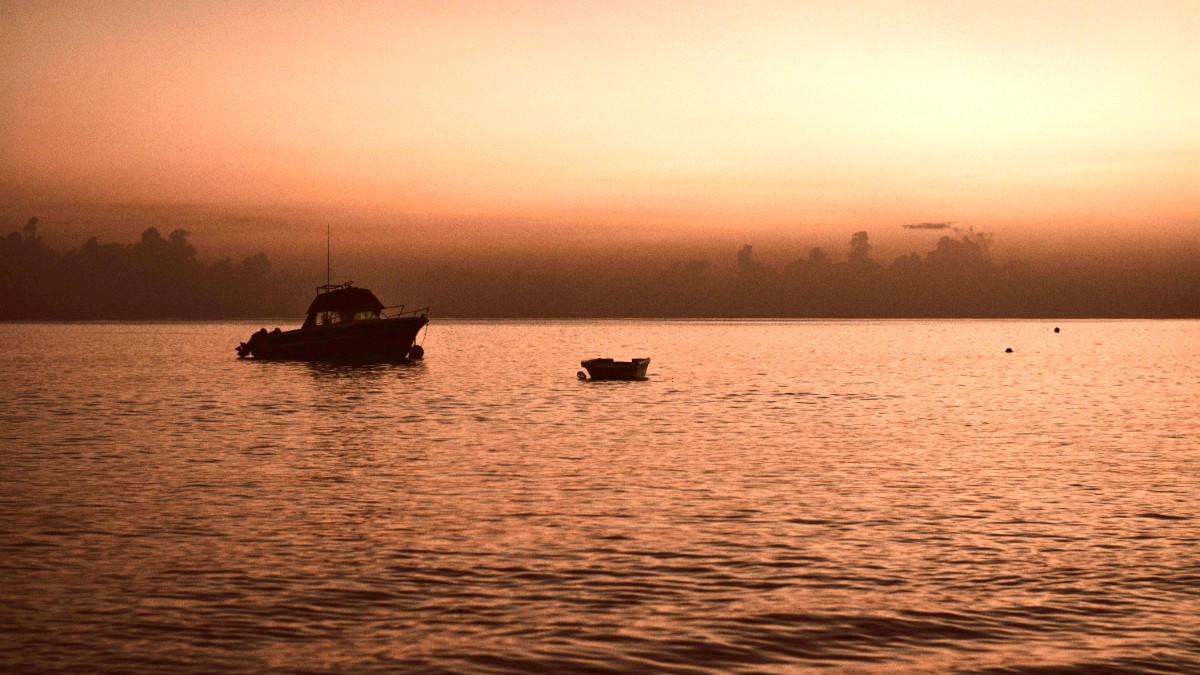
Antigua And Barbuda
The Frigate Bird Sanctuary and surrounding Codrington Lagoon are protected due to their ecological significance. Visitors must adhere to strict guidelines, like staying on designated boat paths and avoiding loud noises, to minimize disturbance to birds. Nesting sea turtle sites also fall under protection.
Waste management facilities in Barbuda are limited. Proper waste disposal poses a critical concern. Reduce waste by using reusable items like water bottles and shopping bags. For non-biodegradable waste, consider taking it with you when you depart the island if possible. Formal recycling facilities are scarce or non-existent.
As a small island, Barbuda relies on limited freshwater resources, often through desalination plants or rainwater harvesting. Water is a precious commodity. Take shorter showers, turn off the tap while brushing your teeth, and report any leaks to your accommodation. Your water conservation efforts directly contribute to the island's resources.
Cultural sensitivity ensures your interactions are respectful and contribute positively to the Barbudan community.
Support Barbuda's unique cultural heritage. Learn about its distinct history, especially its post-Hurricane Irma recovery and the resilience of its community.
Barbudans generally extend a warm welcome to visitors who display courtesy.
If you visit local churches or other religious sites, modest dress is suitable (shoulders and knees covered).
Conscious photography practices are a mark of respect for local communities and their privacy.
Support organizations that work towards environmental protection.
Support Rainforest ConservationYour actions as a visitor play a part in Barbuda's ongoing environmental conservation and cultural vitality.
Your tourism expenditures directly contribute to Barbuda's economy, specifically as the island continues its recovery. Direct support for local businesses helps the community flourish.
Opt for locally owned and operated guesthouses, restaurants, and tour services. This approach directs your funds into the community.
When buying souvenirs or goods, purchase directly from local craftspeople and small businesses. This ensures that the producers receive a fair value for their work.
Conscious travel patterns prevent negative impacts on the local population and environment.
Be aware of any practices that might appear exploitative.
Ensure guides, service providers, and artisans are paid fairly.
Avoid activities that exploit local people, wildlife, or the environment.
If you wish to contribute to Barbuda’s ongoing recovery, research reputable local non-governmental organizations (NGOs) or community initiatives. These organizations ensure your donations are used effectively where they are most needed. Avoid giving money directly to individuals, which can sometimes create dependency rather than sustainable support. Consider donating to local schools or community projects through established channels.
Conscious spending decisions support Barbuda's economic resilience and recovery efforts, building a stronger community.